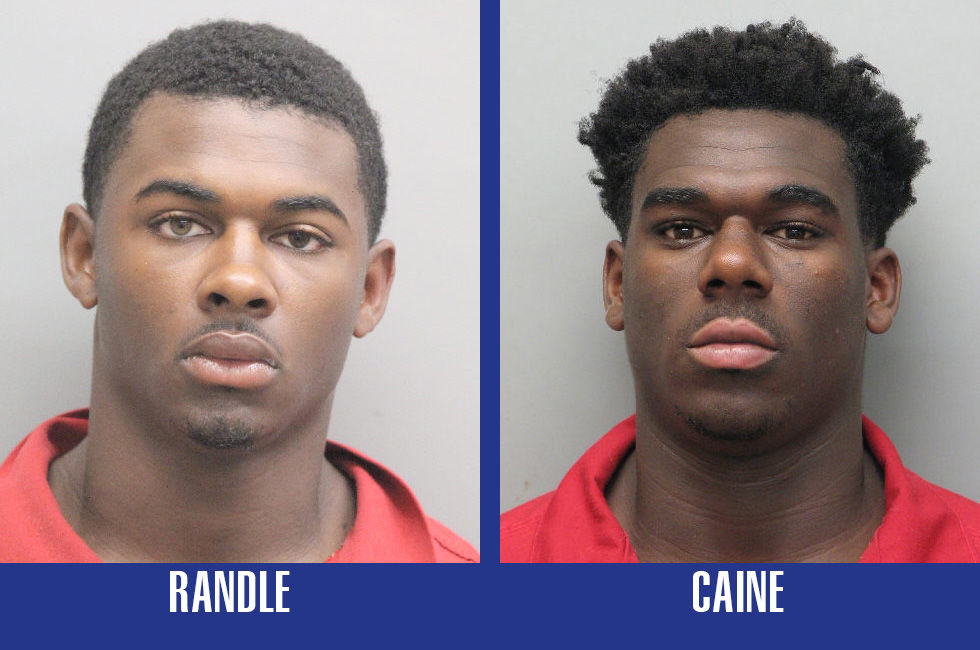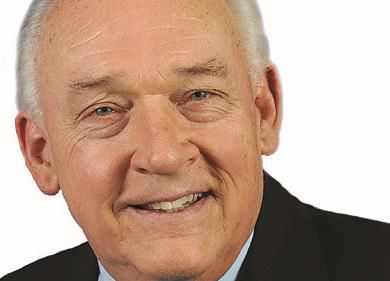
2 arrested in Larose shooting
April 10, 2017
Thelma Graham
April 11, 2017In 2002, a Palestinian suicide bomber set off a powerful explosive at a hotel in central Israel, killing 20 people and injuring more than 120 others. These civilians were celebrating a Seder Meal at the start of the Jewish Passover. They were commemorating God’s delivering the Israelites from slavery in Egypt as described in the Book of Exodus. The bomber attacked not only civilians but also the very heart of the Jewish religion. This is the equivalent to a terrorist setting off a bomb in St. Peter Basilica in the Vatican on Easter Sunday.
Almost 2000 years ago, Jesus celebrated a Seder Meal with his disciples. While recalling the events of the first Passover – the sacrifice of the lamb, the sprinkling of its blood over the door posts, the angel of death passing over the blood stained doorframes, the eating of the lamb and the unleavened bread, the fulfillment of the covenant of God with his people – Jesus initiated a new covenant.
He became the new Pascal Lamb whose blood was poured out, whose body was broken as a sacrifice for the liberation of all sinners. Jesus said, “This is my body given up for you … This is my blood poured out for you.” The angel of death will pass over anyone who eats his flesh and drinks his blood. Therefore, when we come together as God’s family to celebrate this sacrificial meal, we remember Jesus’ own passing over to the Father.
The mysterious changing of bread and wine into the Body and Blood of Jesus Christ as our food for our journey is primary. We have been celebrating the Eucharist for 2,000 years and will continue to do so until Jesus comes again. Through the power of the Holy Spirit, we receive in faith the gift of Jesus himself.
A few years ago while I was in Ireland, I went to see a play called Communion that examines the faith of a young man named Jordan who is dying from a brain tumor. Father Anthony, the local parish priest, comes to Jordan’s room to celebrate the Eucharist with Jordan’s family and friends. His words during the Mass are quite profound:
“The meal we share is a feast of bread and wine. When we eat and drink this bread and wine, as Jesus asked us to do when we come together to remember him, we receive Christ into our lives. God feeds us with his own flesh and blood in the very same way that a mother feeds her unborn baby with the flesh and bloodstream of her body. We ourselves become the body of Christ, the flesh and blood of the mystery of God in the world.”
Sometime poets and writers can express our beliefs better than theologians!
We often refer to the day on which we commemorate the Last Supper as, “Maundy Thursday.” “Maundy” comes from a Latin word, Mandatum, meaning “command.” At the Last Supper, Jesus gave us three commands. First, Jesus said, “I give you a new commandment, that you love one another. Just as I have loved you, you also should love one another.” (John 13:34)
Then Jesus kneels in the presence of his friends and washes their feet. Jesus assumed the dress and the posture of a slave and did the unthinkable! Jesus was supposed to be the leader. However, Jesus wanted service be the benchmark of his community. So he gave the second command, “Wash each other’s feet.”
In the Eucharist Christ loves us and feds us continuously. The expression “you are what you eat” takes on a new significance when we share the life of Christ. We become what we receive, the Body of Christ! Which brings us to the third command, “Take and eat. This is my body … Take and drink. This is my blood … Do this to remember me.”
Let us always approach this sacrificial meal with profound respect!
‘While recalling the events of the of the lamb, the sprinkling of its blood over the door posts, the angel of death passing over the blood stained doorframes, the eating of the lamb and the unleavened bread, the covenant of God with his people – Jesus initiated a new covenant.’







